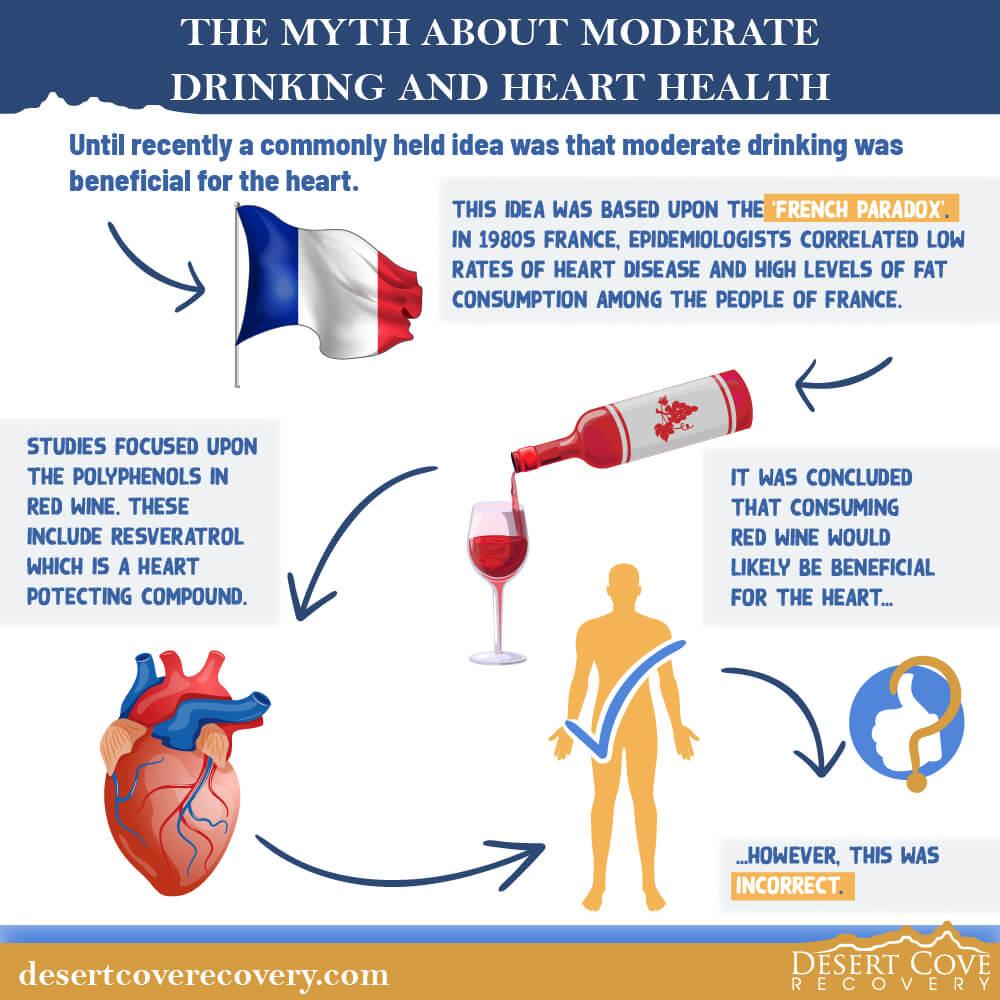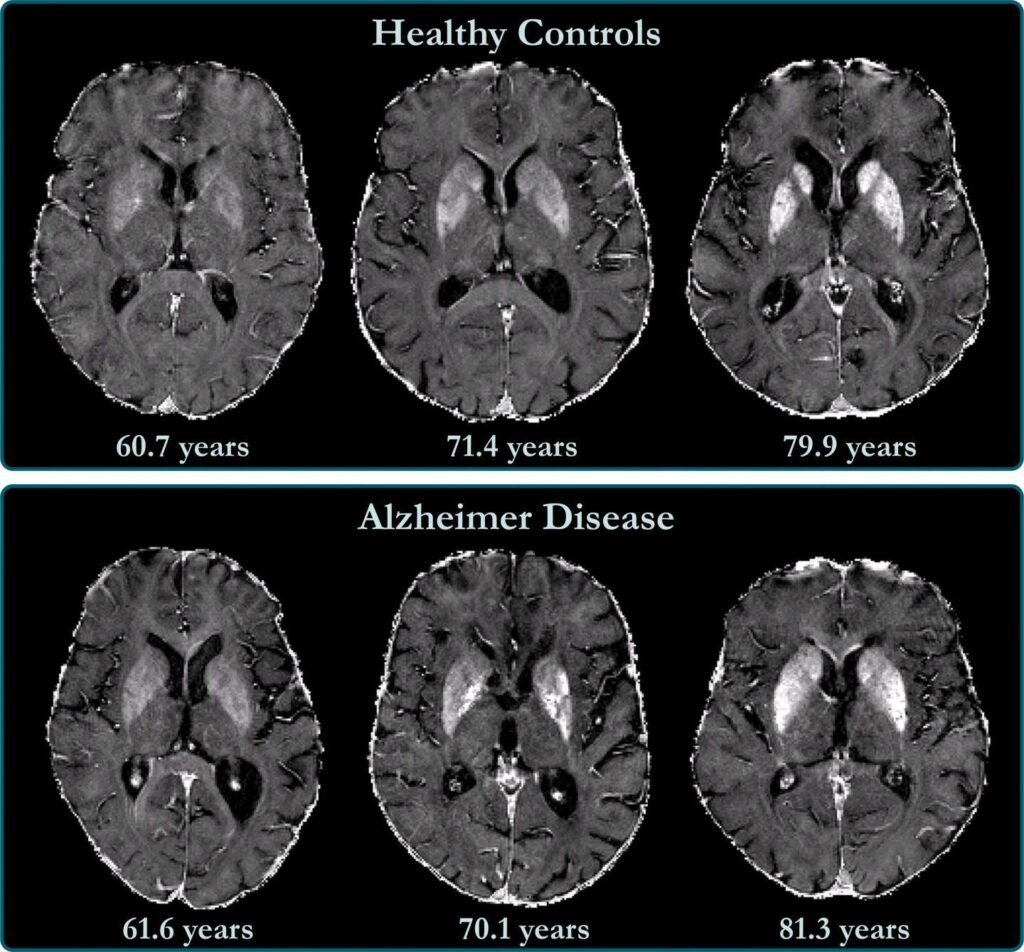In the bustling world of beverages,where trends come and go like fleeting whispers,a seemingly innocent drink might be silently plotting against your heart’s well-being. Cardiologists have long warned us about dietary choices, but this particular beverage has been flying under the radar, masquerading as a harmless refreshment. What lurks beneath its deceptive surface could be a potential threat to cardiovascular health, challenging everything we thought we knew about our daily liquid companions. Join us as we uncover the surprising truth that might make you reconsider your next sip. In the realm of beverages that dot our daily lives, one seemingly innocent drink might be silently undermining your cardiovascular health. Cardiologists are sounding the alarm about a popular beverage that could be incrementally pushing you towards heart disease.
Energy drinks have emerged as a potential culprit in cardiovascular risk. These caffeine-packed liquids promise instant alertness and enhanced performance, but beneath their flashy marketing lies a complex physiological challenge for your heart.
Research indicates that consuming these beverages can trigger significant cardiovascular stress. The combination of high caffeine content, massive sugar loads, and synthetic additives creates a potent cocktail of potential heart complications. Many individuals, notably young adults and professionals seeking quick energy boosts, remain unaware of the underlying risks.
The mechanisms behind these health concerns are multifaceted. Excessive caffeine consumption can cause immediate spikes in blood pressure, strain blood vessel walls, and disrupt normal heart rhythm.The sudden metabolic shock can trigger inflammatory responses and oxidative stress, gradually compromising heart function.
Sugar content represents another critical factor. Many energy drinks contain excessive amounts of refined sugars, contributing to metabolic syndrome, insulin resistance, and long-term cardiovascular damage. These rapid sugar surges force the heart to work harder, perhaps accelerating wear and tear on cardiovascular systems.
Taurine and guarana, common ingredients in these beverages, further compound potential risks. While marketed as performance enhancers, these compounds can interact unpredictably with individual metabolic profiles, potentially increasing heart rate and creating additional cardiovascular strain.
Compelling studies have highlighted disturbing correlations between frequent energy drink consumption and increased heart disease risk. Young adults consuming multiple cans weekly demonstrate higher markers of cardiovascular inflammation and arterial stress compared to non-consumers.Medical professionals recommend moderation and awareness. Understanding ingredient compositions, monitoring personal tolerance, and recognizing individual health baselines become crucial in mitigating potential risks.
Choice strategies for sustained energy include balanced nutrition, adequate sleep, regular exercise, and natural caffeine sources like green tea. These approaches offer more lasting and heart-pleasant methods of maintaining vitality without subjecting cardiovascular systems to unnecessary stress.
The message remains clear: not all energy-boosting beverages are created equal. Informed choices and conscious consumption can significantly impact long-term heart health, transforming seemingly harmless daily habits into powerful preventative strategies.



